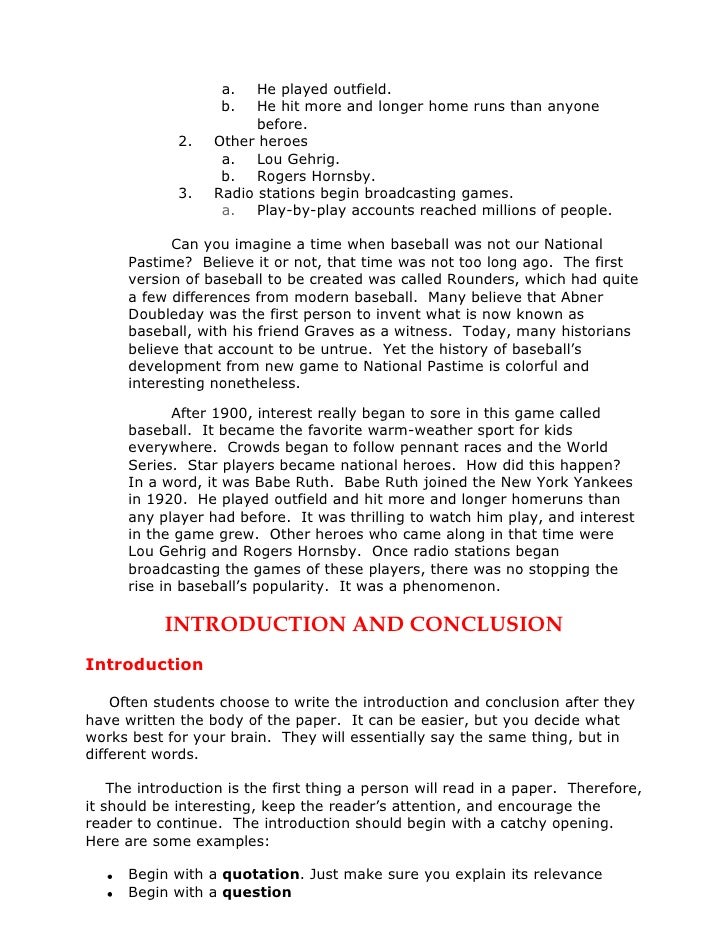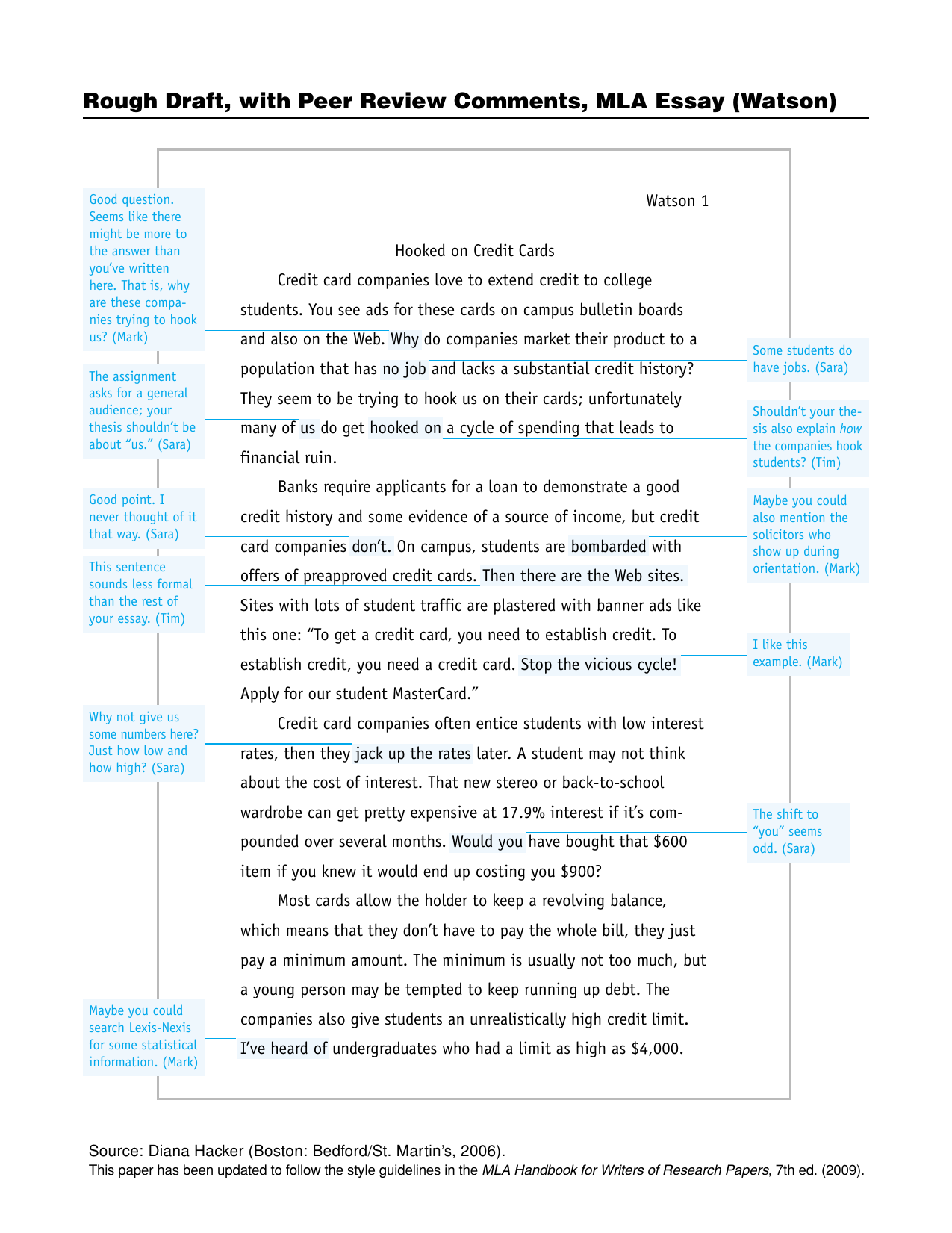

For example, a paper could start, "It is less than a 32nd of an inch long, but it can kill an adult human," to begin a paper about eliminating malaria-carrying mosquitoes. Catch your reader by surprise by starting with a description or narrative that doesn't hint at what your thesis will be.Add another "W": Why (why is this paper worth reading)? The answer could be that your topic is new, controversial, or very important.(Remember that a history teacher doesn't need to be told "George Washington was the first president of the United States." Keep your reader in mind.) Use the Ws of journalism (who, what, when, where, why) to decide what information to give.Tip: You already know why you are writing, and who your reader is now present that reason for writing to that reader. Establish why you are writing the paper.Provide any necessary background information before you state your thesis (often the last sentence of the introductory paragraph).Get your reader's attention/arouse your reader's curiosity.
ESSAY ROUGH DRAFT EXAMPLE HOW TO

It is important to link your paragraphs together, giving your readers cues so that they see the relationship between one idea and the next, and how these ideas develop your thesis. Am I still satisfied with my working thesis, or have I developed my body in ways that mean I must adjust my thesis to fit what I have learned, what I believe, and what I have actually discussed?.Have I done all the development I wish had been done?.Keep revisiting your thesis with three questions in mind:.Why have you presented a certain reason that develops your thesis first, another second? If you can't see any particular value in presenting your points in the order you have, reconsider it until you either decide why the order you have is best, or change it to one that makes more sense to you. Think about the order in which you have made your points.On the other hand, if you feel that the opposition isn't entirely wrong, you may say so, (concede), but then explain why your thesis is still the right opinion.

Show your reader what the opposition thinks (reasons why some people do not agree with your thesis), and then refute those reasons (show why they are wrong). For example, if your thesis states, "Jazz is a serious art form," you might compare and contrast a jazz composition to a classical one. Show how one thing is similar to another, and then how the two are different, emphasizing the side that seems more important to you. Then answer those questions, explaining and giving examples or evidence. Tip: Read your thesis sentence over and ask yourself what questions a reader might ask about it. For each reason you have to support your thesis, remember to state your point clearly and explain it.Tip: The "examples or evidence" stage is the most important part of the paper, because you are giving your reader a clear idea of what you think and why you think it.



 0 kommentar(er)
0 kommentar(er)
